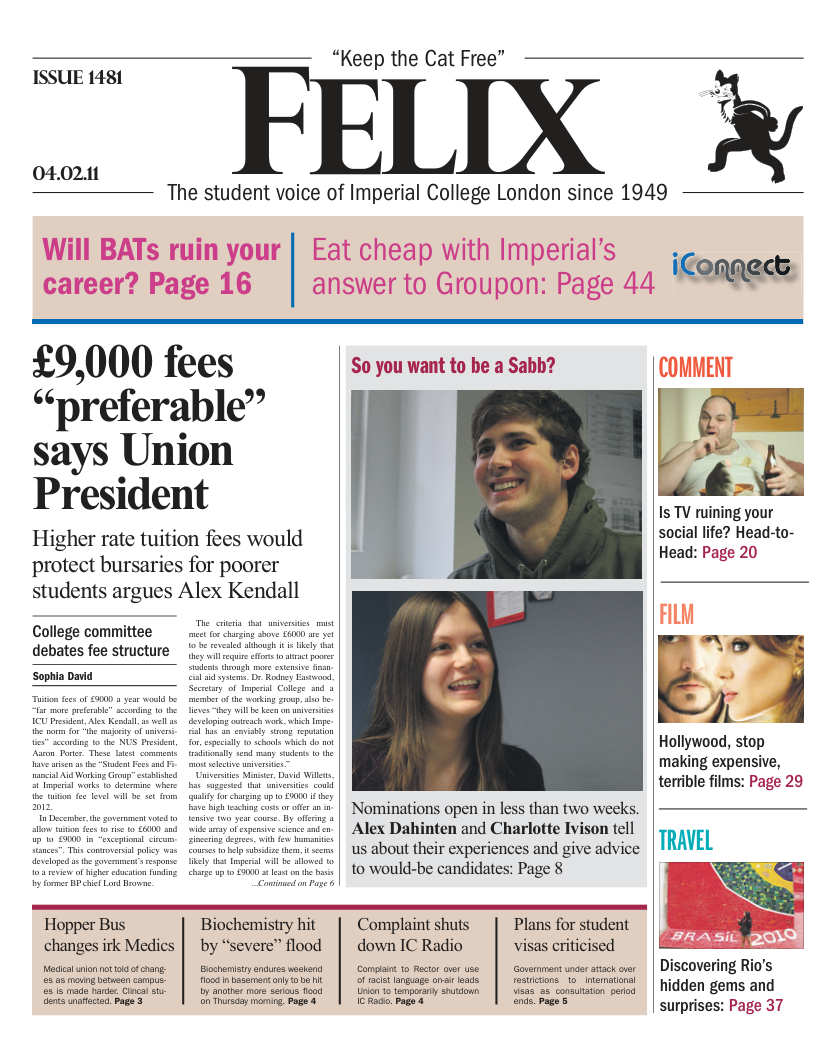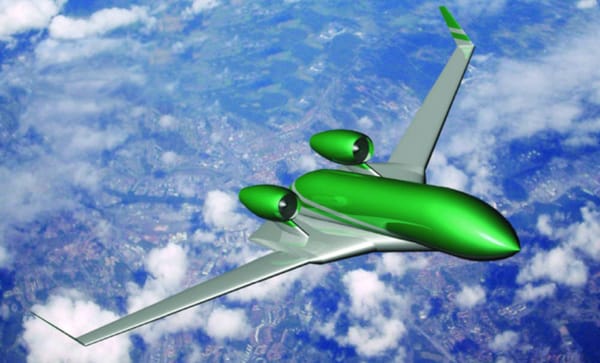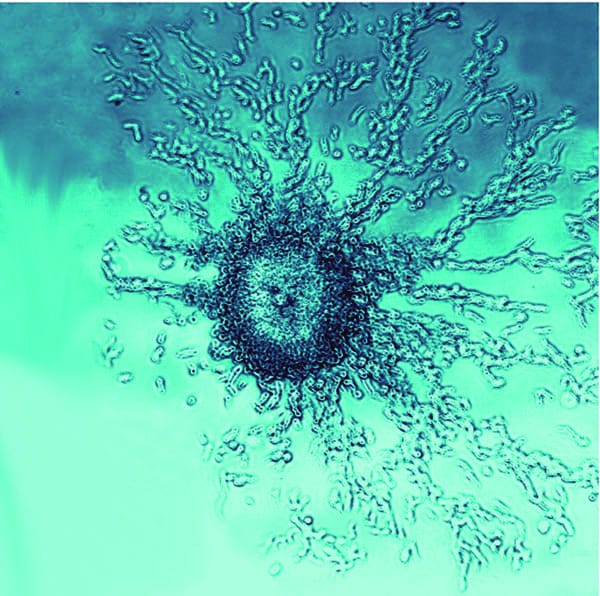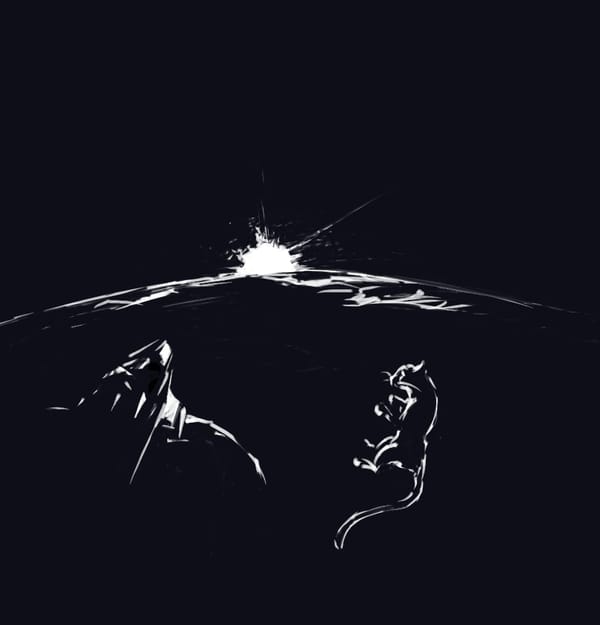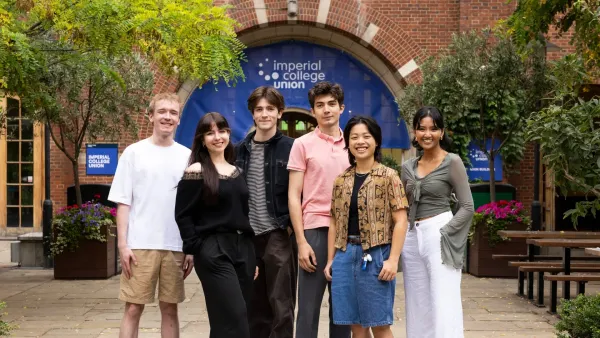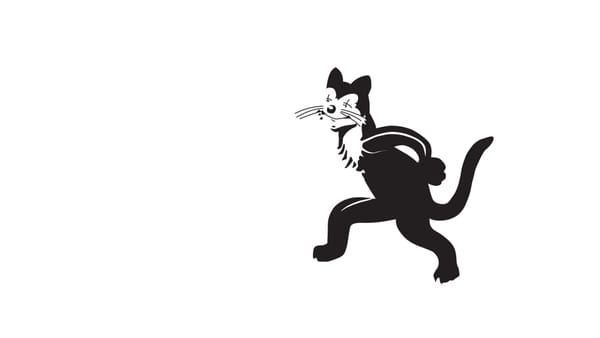The Fountains of Paradise
A review of Arthur C. Clarke's latest novel
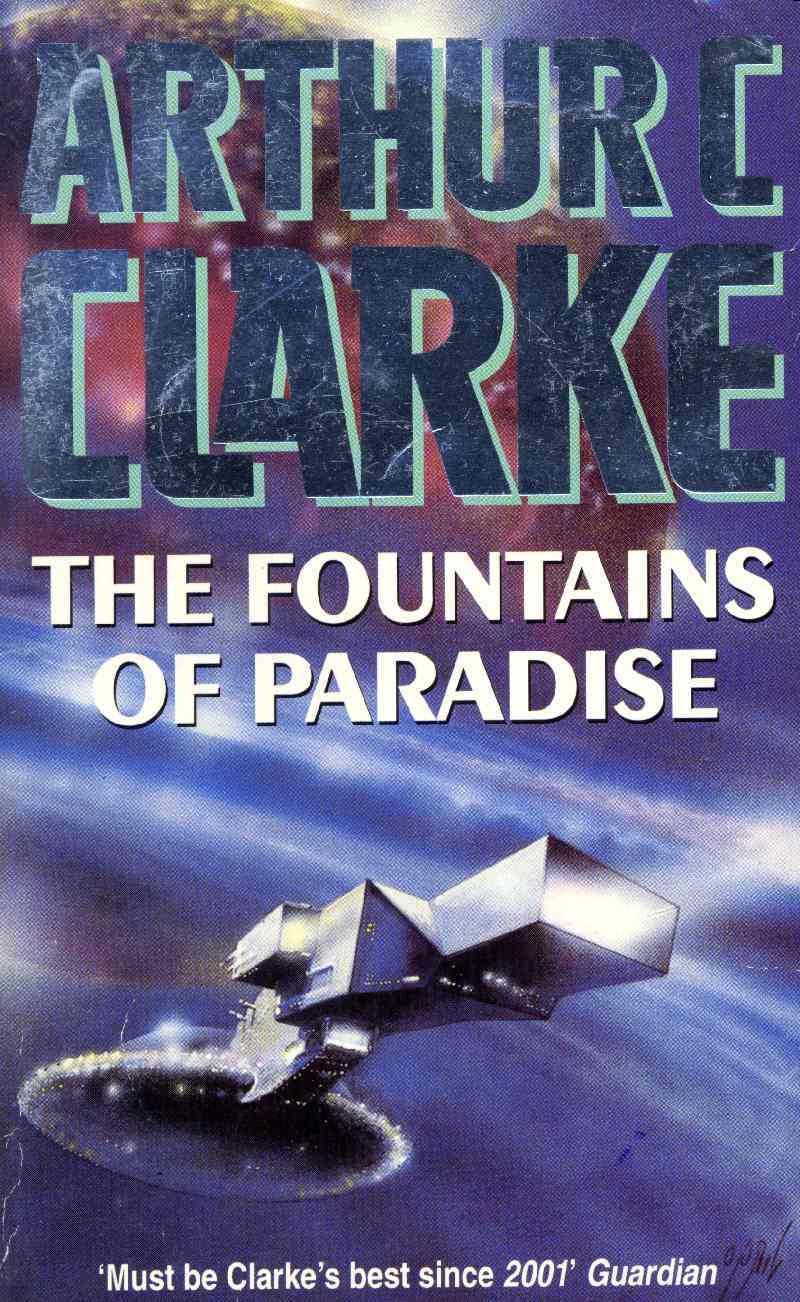
You might remember my review of Arthur C. Clarke’s Childhood’s End last term in the Arts section in which I announced it to be my favourite book. Since then I’ve had a chance to read some more of his work, which has cemented my opinion of him as one of history’s finest science fiction authors. This week I’d like to review, The Fountains of Paradise, the latest of his novels I’ve had the pleasure of reading.
Probably one of the most ‘hard SF’ of Clarke’s novels, it is set in the 22nd century and follows the attempts of Dr Vannevar Morgan to build the world’s first space elevator on the island of Taprobane, a fictionalised Sri Lanka. Clarke lived more than half his life in the country and his passion for it shines through the text. He has kept much of the island’s fascinating history unchanged, one of the highlights of the novel.
That is not to say that the main thrust of the story, the political and technical difficulties of constructing the elevator, are any less interesting. They are presented to the reader in Clarke’s usual clear, engaging style and each one has satisfying and believable solutions.
The book is very story driven. Indeed, I have read critics complaining about Clarke’s poor character development. While I did once spend half of a Clarke novel thinking that a male character was a woman I still have to take issue with this complaint. Clarke’s genius is in coming up with engaging stories and the only purpose of his characters is to drive them forward. If these characters were any more developed they would simply be a distraction and the very direct writing often still allows us to become emotionally attached to them.
The Fountains of Paradise shares a remarkable optimism about the future which can be found in many of his works, with humanity overcoming its differences and coming together for a common goal. This does lead to paucity of interpersonal conflict and traditional ‘action’ scenes. I find this vastly refreshing and an interesting contrast with most modern fiction.
This novel is certainly more consistent than Childhood’s End. While the latter’s ending was somewhat spoiled by its unnecessary description of an alien planet, which almost strayed into fantasy, here it was brilliantly executed: managing to be a poignant account of both the great triumph and failure of Dr Morgan. Whether because of its truly intriguing mystery, or because it was my introduction to Clarke, I still consider Childhood’s End to be the better book and the best he has written. However, this does not take anything away from the brilliance of The Fountains of Paradise and it remains, along with the majority of Clarke’s work, far superior to most other science fiction.

